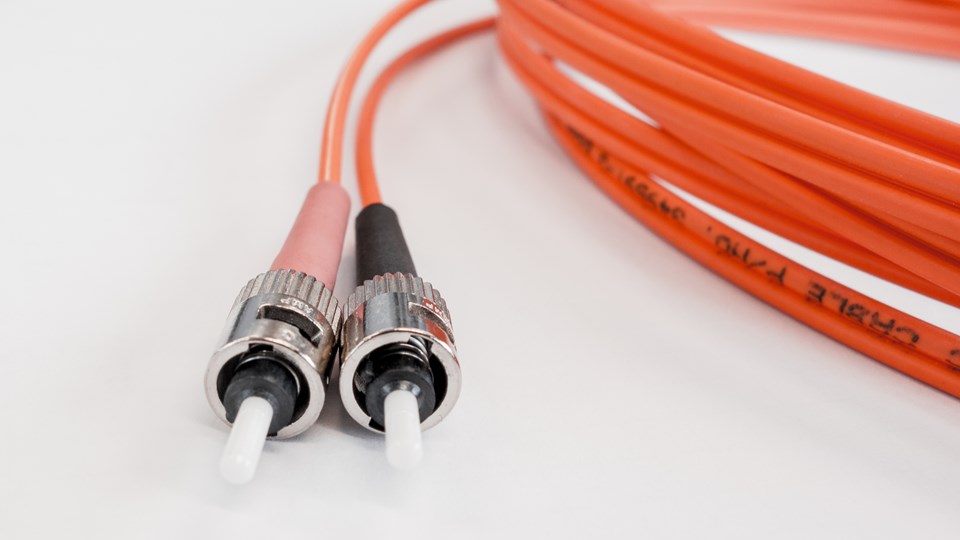Unlocking new materials for the internet of the future
Investment from three EU projects allowed scientists at the Universities of Cambridge and Manchester to reveal the potential for graphene to radically speed up the internet.

A team of scientists that includes Nobel Prize winners Professors Andre Geim and Konstantin Novoselov has found a way to improve the sensitivity of graphene when used in optical communications systems. The discovery will lead to faster electronic components, for example the receivers used in fibre optic connections that are the basis of Internet communications.
The superconductive properties of graphene mean that electrons flow at high speeds and scientists has previously used it to create a simple solar cell by shining light onto a few sheets of the 2D material. However, these early cells were not very efficient with only around 3% of light being converted into power.
With funding from the European Research Council, the Cambridge and Manchester researchers combined graphene with metallic nanostructures which triggered a huge improvement in their efficiency – converting around 60% of light into power. When developed into full-scale technologies Internet connection speeds could become tens of times faster, and so it is no surprise that many leading electronics companies are considering graphene for the next generation of devices.
-
Adam Clarke
adam.clarke@russellgroup.ac.uk
020 3816 1302
-
Stephanie Smith
020 3816 1310
 X
X


